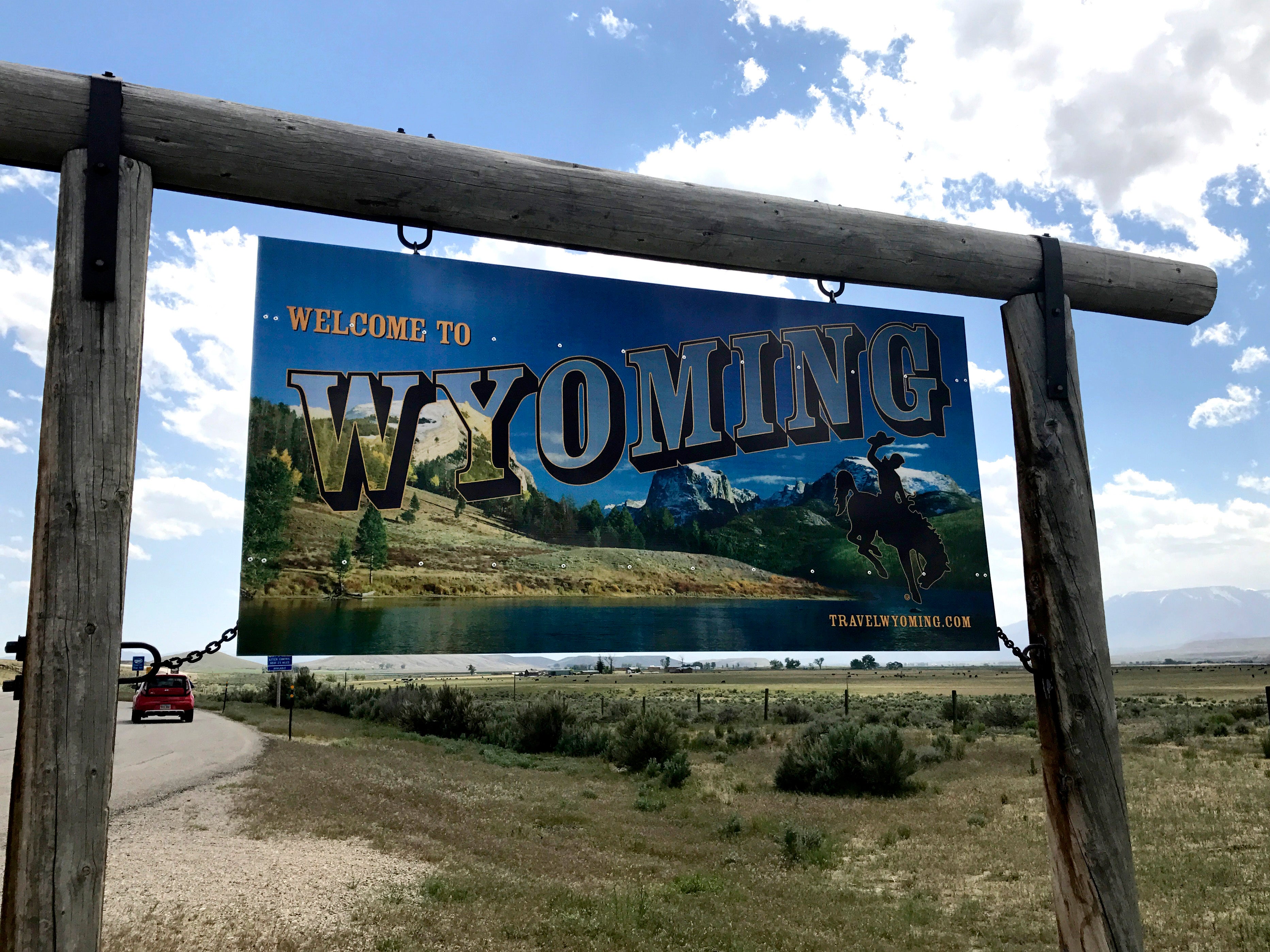Wyoming starts selecting presidential delegates Saturday. But there's not a statewide election
South Carolina isn't the only state holding a presidential contest this weekend

Although the South Carolina primary has been the focal point of the GOP presidential nomination fight for much of the last month, it’s not the only contest on Saturday where Republicans will be voting for a presidential candidate or where all-important delegates will be at stake.
More than 1,800 miles away, state GOP officials in Wyoming will meet to begin awarding the first of the state’s 29 delegates to the Republican National Convention this summer, but the contest won’t much resemble the South Carolina primary or any other presidential contests held so far this year.
Like a handful of other states, Wyoming doesn’t hold presidential primary elections where voters head to the polls or cast ballots by mail.
Instead, both state parties use what’s known as a “caucus-convention” system, which is a multi-step process that begins with local meetings (usually at the precinct level), then moves to mid-level meetings usually at the county or district level (or sometimes both) and then culminates with the state party convention.
At each level, participants elect representatives to attend the event at the next level until finally, somewhere along the way, delegates to the national party convention are awarded to candidates and individuals are chosen to fill those positions. The entire process can last several months.
Iowa and Nevada are both well-known for their presidential caucuses, and, while the Wyoming Republican process bears some structural similarities to other caucus systems, there are some notable differences.
For starters, Wyoming Republicans do not conduct a statewide presidential preference vote, at least not this year. In Iowa or Nevada, there is a statewide “winner” to report based on how participants at the precinct caucuses voted. Not so for the Wyoming Republicans. The only presidential result there is to report from the Wyoming GOP’s caucus process is how many national convention delegates each presidential candidate has won.
There are no tables or graphics with raw vote totals or vote percentages, as there are for other presidential nominating contests. The state party has held non-binding presidential straw polls or caucus votes in the past – Mitt Romney won the vote in 2012, receiving 39% of just over 2,100 votes cast – but it had no impact on delegates.
Another key difference is that the Wyoming Republicans do not hold all their events on the same day. In Iowa, state Republicans convened precinct-level caucuses all on the same day – Jan. 15. This year, Wyoming’s 23 county-level Republican party committees have held their precinct caucuses mostly on different days, with the first one on Feb. 2 and the final county scheduled to go on Saturday.
The precinct caucuses were open to any registered Republican who will be 18 by the November election. Those caucus-goers discussed issues of concern to them and then selected individuals to represent their precinct at the county conventions, where participants will vote for a presidential candidate and award national convention delegates.
Each of the 23 counties has one national convention delegate at stake. The winner of the vote in a county convention wins that county’s lone delegate. While these events are generally open to the public, it’s only those individuals who were elected at the precinct caucuses who get to cast a vote for president at the county conventions.
And, just like the precinct caucuses, the county conventions are not all scheduled for the same day. The first two county conventions will award their delegates on Saturday in Campbell and Carbon counties. The rest will follow suit at some point over the next two weeks. One county, Platte, has not yet scheduled its convention, according to the state party’s public events calendar.
The county conventions will award 23 of the state’s 29 national convention delegates. The remaining six delegates will be awarded at the state party convention in April.
Here’s a recap of what to expect in Wyoming over the coming days:
WYOMING GOP COUNTY CONVENTIONS
Wyoming’s 23 counties will each hold a county GOP convention to award national convention delegates. The first county conventions will convene on Saturday, with the rest holding theirs over the next two weeks.
DELEGATES AT STAKE
Each county convention has one delegate at stake, for a total of 23 delegates. The Associated Press will report how many delegates each presidential candidate has won. There is no statewide presidential vote.
The state’s remaining six delegates will be awarded at the state convention in April.
WHO GETS TO VOTE AT THE COUNTY CONVENTIONS
Individuals elected at precinct caucuses held throughout the state in February will meet at the county conventions to vote on which presidential candidate will win the delegate from their county.
Bookmark popover
Removed from bookmarks